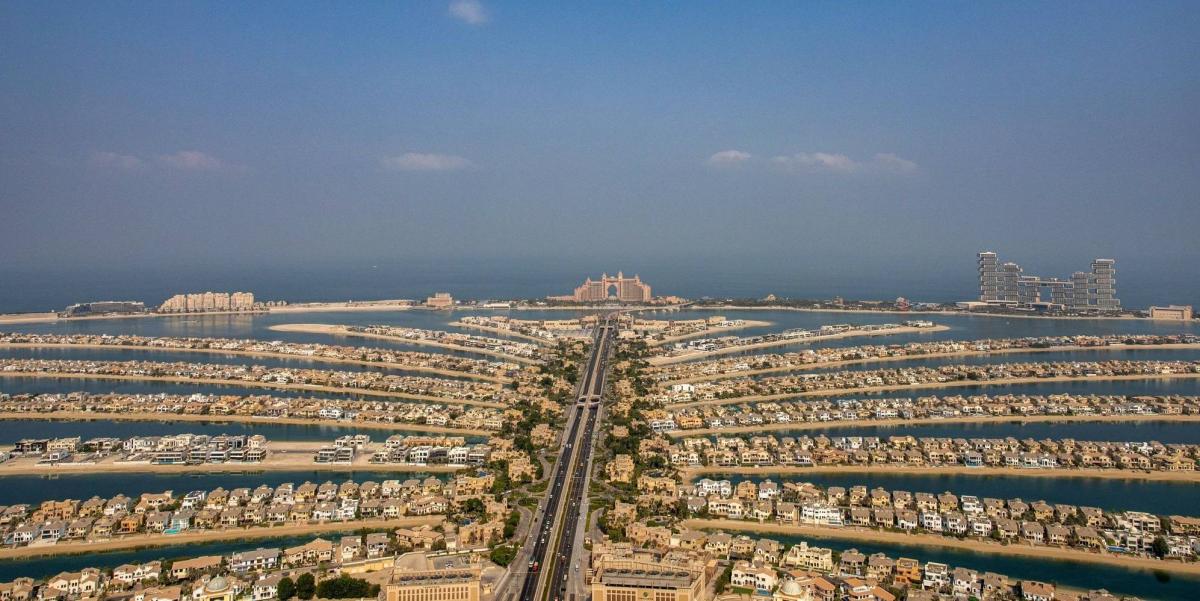
Dubai: “The Gulf”
Oliver Wyman has published a report showing how 12 cities around the world, including Dubai, are restructuring aspects of urban transport as part of efforts to tackle climate change. The report also addressed issues related to accessibility and affordability of transportation.
Report prepared by the Oliver Wyman Forum: “The Path to 1.5°C: How Urban Transport Can Help Address Climate Change.”
Hundreds of cities around the world – including Dubai – have pledged to reduce their greenhouse gas emissions by 2030 to keep pace with the Paris Agreement’s goal of limiting temperature rise to no more than 1.5 degrees Celsius, the report said. In addition, the report assessed the degree of success achieved by the cities included in the study in reducing emissions resulting from the transportation sector, which accounts for one-third of these cities’ total carbon impact.
Zero emissions
The approaches cities take to reach the zero emissions goal vary widely, but most cities still need to make serious changes to meet this goal. The report concluded that Dubai would need to reduce emissions by 45% from recorded levels by 2022 to meet the 1.5°C target, compared with reduction targets for other cities such as Berlin’s 51% and Hong Kong’s 59%. , and Lagos 30%., New York 48%, Singapore 63%, and Los Angeles 58%.
The report indicated that Dubai will continue to rely on car transport as the percentage of kilometers traveled by car will reach around 80% by 2022. Thanks to the expansion of the metro network, the emirate reached an 8% public transport usage rate. The report explained that Dubai’s expected growth will increase demand for transport by 27% by 2030 and increase its carbon emissions by 19%.
The Oliver Wyman Forum report says Dubai has succeeded in reducing the rate of increase in its carbon footprint, coupled with efforts to switch to electric vehicles by providing green energy sources for cars and buses, along with the development of public transport. It confirmed that much work needs to be done to accelerate these trends and reduce dependence on cars in many cities around the world, including Dubai. To meet the 1.5°C target, Dubai needs to reduce its total transport demand by 30% by 2030, or about 11.3 kilometers per person per day compared to 2022, the report explained. The report highlighted the need for more purposeful movement in individuals’ daily lives, as a greater transport base drives economic growth.
Achieving goals
“Every city is different, so each needs to tailor its transport development approaches to its unique infrastructure, geography and demographics,” said André Martens, head of transport projects, services and operations at Oliver Wyman, India, Middle East and Africa. In order to achieve climate goals. Despite Dubai’s hot and humid weather, the city has succeeded in making great strides in cycling and sharing initiatives over the past few years.
He added: “Dubai is developing sustainable transport infrastructure at a rapid pace as it plans to expand its metro network to 420 kilometers and 197 stations, while making significant investments in improving electric car charging capabilities. Allow the spread of electric cars to expand.” Integrate it with the city’s transportation options.”
Unique efforts
Notable initiatives Dubai has launched in this context include practical pricing systems for traffic toll gates to reduce congestion and encourage residents to adopt alternative transport routes, and it has recently completed several infrastructure projects for pedestrians and cyclists. Ras Al Khor Bridge is 475 meters long for pedestrians and bicycles. Oliver Wyman’s report also emphasizes the need for Dubai to continue efforts to provide alternative and sustainable modes of transport.
Martens explained that the approach adopted by Oliver Wyman is not limited to sustainability, but also includes constraints related to other factors such as accessibility, affordability, investment cost, comfort, efficiency and benefit from advanced modeling to cover multiple scenarios. New Oliver Wyman Forum research provides solutions designed to help many of the world’s major cities meet their climate goals related to sustainable transport.
The Oliver Wyman Forum recommends several solutions suitable for Dubai, including investing in low-carbon electricity networks, accelerating the electrification of car fleets, expanding the metro network and incentives for using public transport. Works in many aspects.

“Freelance alcohol fan. Coffee maven. Musicaholic. Food junkie. Extreme web expert. Communicator.”





